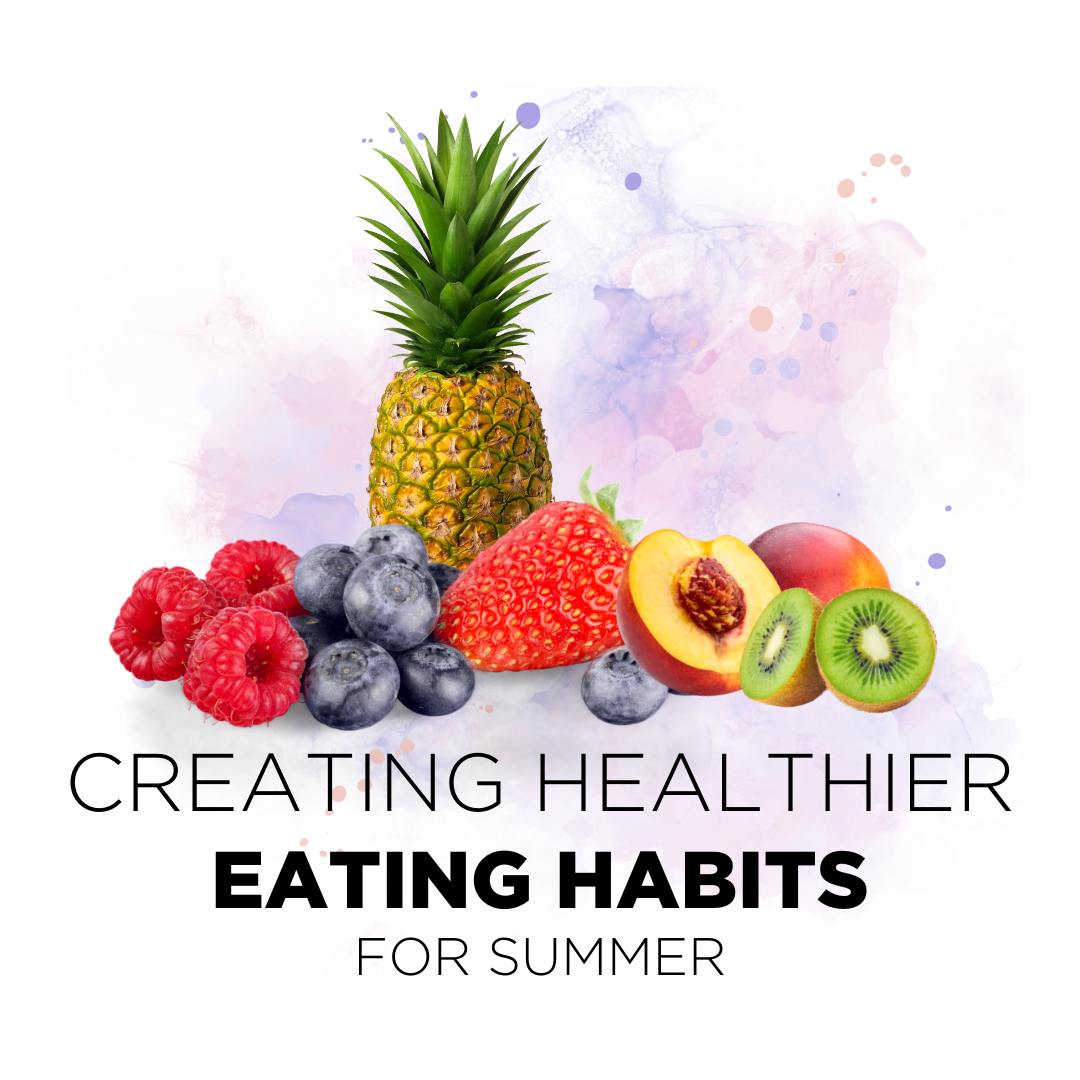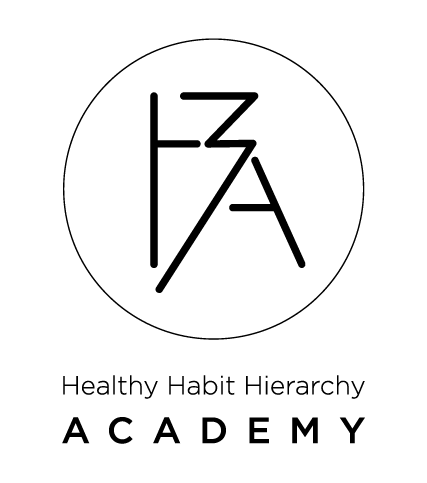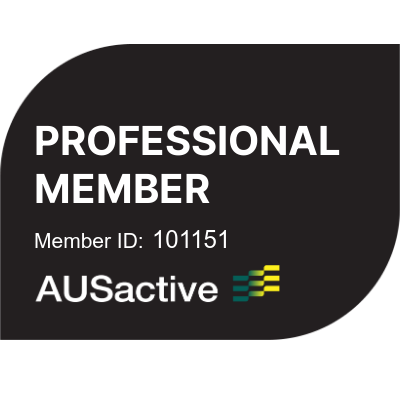If you’re feeling like you’ve eaten far too many pies and hot chips during winter and want to start making some healthy changes as we head into the hotter months, it might be time to take a good hard look at your eating habits, to find where you can make better (and healthier) choices.
How do you define ‘healthy’ versus ‘unhealthy’ food and what impact do these have on our bodies, our brains and our energy levels?
In winter, we tend to like comfort food because it makes us feel warm and fuzzy, but then summer rocks around, and we find we’ve still got these eating habits (which are predominantly high carb).
Most of us want to go outside in the warmer weather and enjoy the sun, but when you’ve just had a pie for lunch, you may find that you want to go and have a siesta instead of getting out and about!
Foods like white bread, and other highly processed carbs, offer very little in the way of nutrition.
They’re great when you’re in a war or a famine; if you don’t know where your next meal is going to come from, they’re good filler foods, but because they’ve got so little nutrition, you find you want more and more of them, because your body is trying to extract the nutrition.
If we just choose to eat the nutritious foods to start with, we find that we don’t want to eat as much.
I want to feel better for summer, but I don’t know where to start.
There are so many things you can do to start. You have to remember that your body is a machine, and it needs good fuel to function properly.
If you continue to fill it up with lots and lots of carbs, then your body can only ever run on carbs, and the problem with carbs is we get an increase in blood sugar, which is when we can get an issue with our insulin.
Every time we eat carbs beyond our body’s ability to burn them, they get stored for a rainy day and then, next minute, you find you’ve gained five or 10 kilos and you’re not sure what to do.
Start with small changes:
Carbs are really important, but you can start by replacing some of your higher-carb foods with alternatives that are lower in carbs. For example, fruit and vegetables are carbohydrates, but what makes them a good carb is that they’re packed with nutrition and vitamins, which means your body is getting the nutrition it’s looking for, and you’re not craving high-carb food.
Tip: If a sandwich is your go-to for lunch each day, try swapping the bread for a wrap. Pack the wrap with plenty of vegetables of all different colours. Veggies will fill you up very quickly and you’ll be able to eat a lot of them which will make you feel like you’re eating more.
*Try to choose veggies over fruit as fruit has higher sugar content.
Clean out the pantry!
Spring is a great time to audit every element of your life – your wardrobe, your house, your relationships and your pantry. Ditch the highly processed stuff and swap it for healthier, lower carb options.
(Don’t throw away food that’s still within the used-by date and sealed in its packaging. Donate it or make a meal for someone else who might need it.)
Ask yourself the tough questions:
What do I want my life to look like in 20, 30, 40 years?
What kind of things do I want my body to be able to do?
What choices can I make right now in my pantry to help me achieve those goals?
Get back to nature
Prioritise proteins, eat lots of vegetables, eat good fats like nuts and oils, oily fish and eggs. It depends on what your eating system is so, if you’re a vegan, you won’t want to eat eggs, but choose foods that are as close as possible to their natural form.
Remember – the less processed the better! The less ingredients that are added, the better the food choice.
Just because something says it’s healthy, doesn’t mean it is.
The best example of this is something like Weetbix. They might have a five-star health rating, but where in nature are you going to find a dehydrated, perfectly formed block of wheat wrapped in plastic and in a box? They’ve had ingredients like malted barley extract, sugar and salt added to them and then been processed, so maybe think about a more natural alternative.
But I’m time poor! How can I find the time to prepare healthier food?
Consider a meal preparation service. There is an abundance of services around that use high quality ingredients, they’re not overly processed, and you can save money because you’re not throwing food away. Plus, you can choose a meal plan to suit any dietary requirements, whether you’re vegan, vegetarian, paleo, gluten free and lots more, so there’s one to suit everyone.







